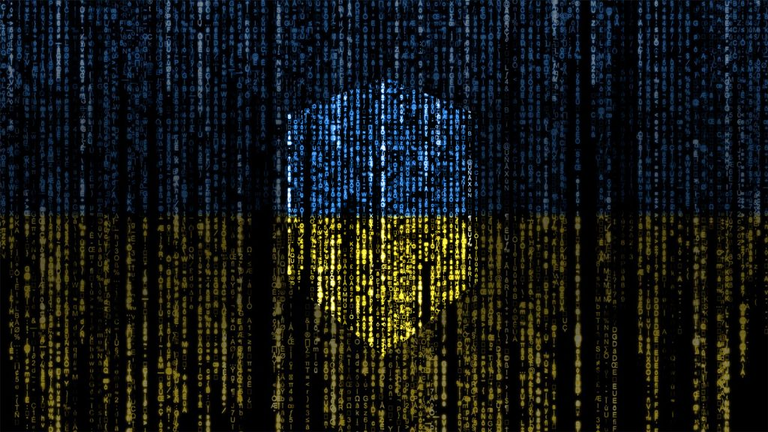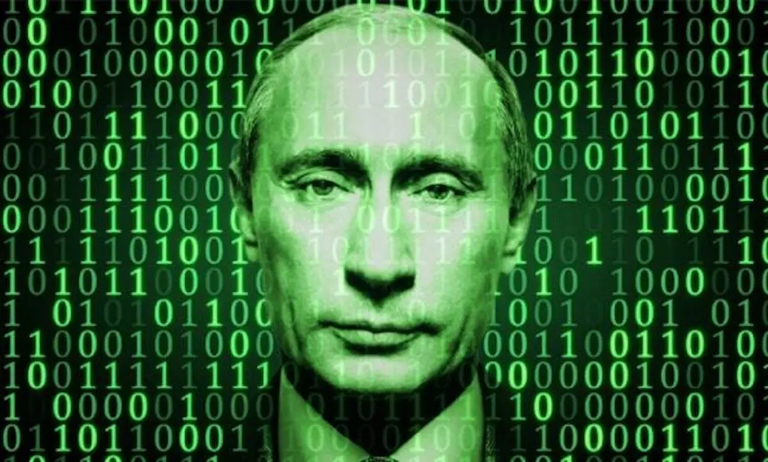
For years, analysts have warned that as the world becomes increasingly reliant on digital infrastructure, warfare will shift from traditional tactics like tanks and troops to so-called cyber attacks. In fact, over a decade ago, then-U.S. Secretary of State Leon Panetta warned of the threat of a "cyber Pearl Harbor," a devastating attack on critical national infrastructure that would require a response in kind, if not a more traditional response. Throughout the past decade, Russia has been viewed as a potential perpetrator of such an attack due to its history of "hybrid warfare" and its involvement in many of the largest cyber attacks of the late 2010s. When Russia launched its invasion of Ukraine earlier this year, many expected cyberwarfare to play a significant role in addition to artillery and energy-related threats. However, Russia's cyberattacks on Ukraine have not been particularly effective. This article aims to explore why Russia's cyberwarfare has underperformed.
Russia's use of cyberwarfare and manipulation is well known, with many instances of alleged interference in elections and online manipulation. Given this reputation, it was not surprising that Russia launched a significant cyberattack on Ukraine in conjunction with its invasion. One notable attack was on a ViaSat-operated satellite network, which disrupted Ukrainian military communications and also disrupted internet access for thousands of ViaSat customers in Europe. The attack permanently damaged and destroyed up to 30,000 routers in Europe and was thought to have taken months to plan. In addition to this, Russia was planning to use "wiper" programs, which are designed to completely wipe a system of all data, as opposed to ransomware, which encrypts files and demands a ransom for their decryption. These wiper programs would have rendered the system useless.
Anyway, Russian wiper systems were detected on Ukrainian systems in January and again before the invasion in February. In April, the Sandworm hacking group, linked to Russian military intelligence, launched a major attack on Ukraine's electricity grid, replicating a similar attack in 2016. This time, however, Ukraine was able to disrupt the attack. This was followed by a series of smaller cyberattacks on Ukraine's digital infrastructure. While Russia deployed a high volume of attacks, the majority had a surprisingly small impact. The Pentagon has admitted that they were expecting more significant impacts from Russian cyber forces, leading to the question of why Russia has failed to live up to its reputation as a cyber superpower.

There are several reasons why cyberattacks may not have played as prominent a role in the war in Ukraine as some had predicted. One reason is that Ukraine and its allies, including the United States and the United Kingdom, had already taken steps to strengthen their cyber defenses. For example, Microsoft offered technical support to Ukraine, and NATO provided access to its cyber threat library. In return, Ukraine shared information about Russia's cyber capabilities. Another reason is that Russia may have been complacent, expecting to quickly overwhelm Ukraine's defenses. Additionally, if Russia believed it would be able to control critical infrastructure physically, it may not have felt the need to take it down digitally.
The war in Ukraine has reminded us of the importance of conventional warfare. Despite predictions that future conflicts would be fought through software and cyberattacks, the reality is that warfare still requires soldiers in steel and tanks. While cyberattacks and drones have played a role in this conflict, they are not sufficient for a successful military campaign. It is hoped that the messy and destructive nature of modern warfare, as demonstrated by Ukraine, will deter other countries from engaging in similar conflicts in the future.